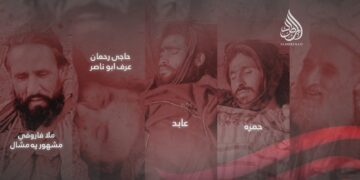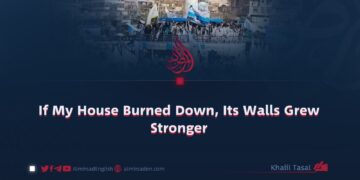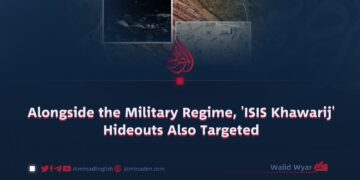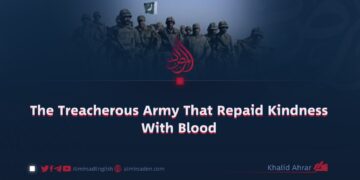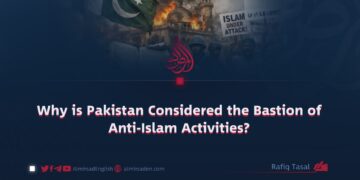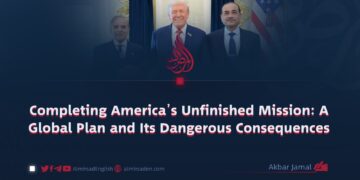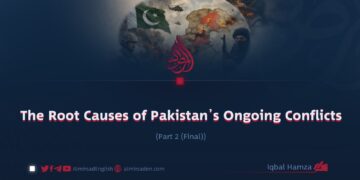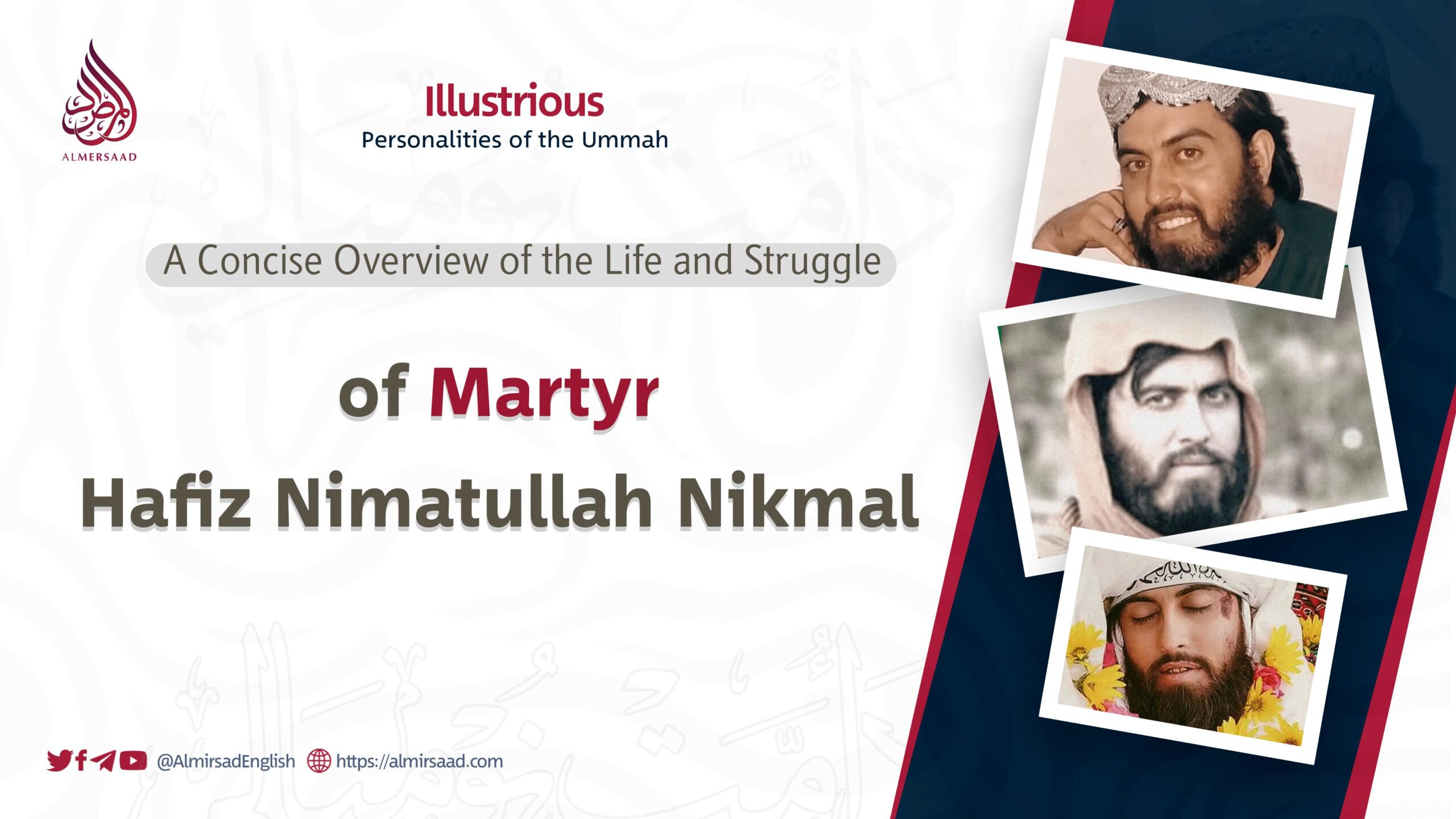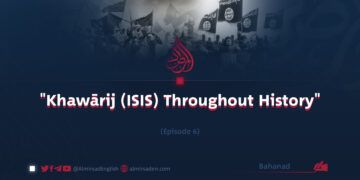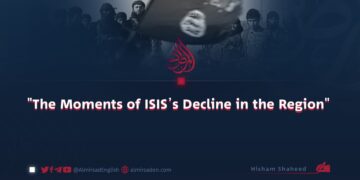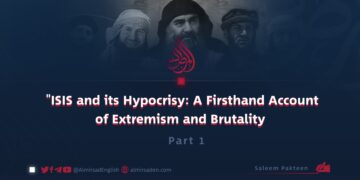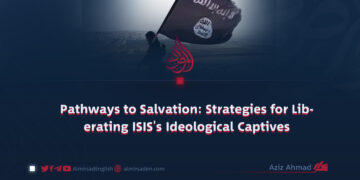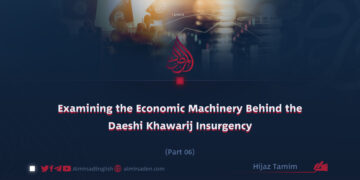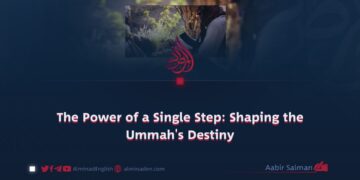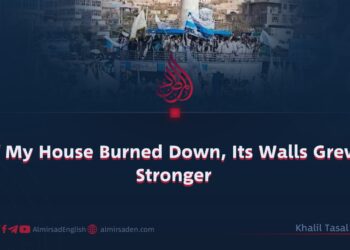Illustrious Personalities of the Ummah
Hafiz Nimatullah Nikmal, son of Mr. Syed Ghulam, embodied a resolute conscience, steadfast faith, and admirable moral principles. He was born in 1374 H.S. in the village of Mullah Khail, located in the Saydabad district of Wardak province, into a devout and esteemed jihadist family.
In addition to memorizing the Quran, he pursued his religious studies diligently, dedicating his life to residing in a pure and sacred environment—the madrasah—where divine laws are taught, and young individuals are nurtured to propagate these teachings worldwide.
Commitment to Jihad
During a time when the country was under infidel occupation, schemes were devised to misguide the Muslim nation and lead it toward tyranny. It was during this period that Nikmal entered his youth, witnessing the oppressive actions of the occupiers. When his patience reached its limit, he resolved to initiate jihad secretly from the madrasah against the oppressors.
Martyr Nikmal, may Allah have mercy on him, was a talented, courageous, and experienced mujahid. Renowned among his comrades for his patience and steadfastness, he participated in numerous raids, ambushes, and offensive operations, valiantly maintaining his positions.
At one point, he sustained severe injuries, and his village, Yusuf Khail, was destroyed, forcing its residents to flee. In a significant operation, a house used as a checkpoint by mercenaries was targeted using laser technology, resulting in a successful attack. However, the team faced immense hardships, including freezing winter nights and the constant threat of drone strikes and air raids. We planned to leave the area quickly.
A Near-Death Experience
One night, after an exhausting operation, we sat to rest amidst the rubble of a house, while Nikmal and two of his comrades stood by a window to monitor the situation. I was sitting behind them when I heard a loud explosion and the call of “Allahu Akbar.” Then, I saw one of them fall. I rushed to him and found it was Nikmal. We lifted him quickly, and before we reached the mosque, he briefly opened his eyes and said, “Are we going to die here alone?”
After some time, the medical team arrived and treated the severe wound on the right side of his chest, but blood continued to flow internally. For urgent treatment, we moved swiftly toward Tangi Hospital. However, the road through Onkhi Mountain was blocked, so we had to take the Jaghato road. The journey was long, and he lost consciousness several times before we reached the hospital. Just before arriving, he looked at us with sorrowful eyes and said in a choked voice, “My mother’s heart will break,” referring to his dear mother, who had sacrificed her son for the sake of Allah Almighty. After that, he lost consciousness again.
Upon arrival at the hospital, medical professionals, by divine intervention, successfully performed surgery. Following a period of recuperation, Nikmal demonstrated renewed resilience and determination as he returned to the frontlines.
A Warrior Until the End
Even during Ramadan, despite the pain from his wounds, Nikmal continued to recite the Holy Quran. He endured every hardship with patience, remaining on the frontlines until peace was restored in Afghanistan under the Islamic system. Rather than stepping back, he persisted in military operations and was entrusted with leading a unit under the Tenth of Presidency.
As a committed soldier, Nikmal played a key role in eliminating ISIS militants. In a short time, he participated in numerous operations, successfully neutralizing a large number of insurgents.
His Final Mission
The account of his final military mission, as recounted by his comrades, is as follows:
When ISIS barbarically martyred the young mujahid, Misbah Jan, and disseminated a video online with the intent to instill fear among the mujahideen, the intelligence unit of the IEA tracked down the group. A raid was launched in Mazari Sharif, where the ISIS elements were eradicated, and those collaborating with these insurgents from different provinces were also pursued.
Therefore, on this basis, our units advanced towards Mazar-e-Sharif. A desire for revenge burned in the hearts of all our comrades. We remained in Mazar-e-Sharif for one day before headquarters (Kabul) instructed us to proceed to Baghlan province, where an ISIS hideout had been discovered and operations were underway.
We advanced swiftly, reaching Baghlan province in a short time. Upon arriving at the battlefield, the Khawarij were besieged.
The suicide squad planted mines in the homes of ISIS members to clear obstacles and carried out explosions. Nikmal was part of the team that executed an explosion, destroying a house. Subsequently, he returned and engaged in combat at the resistance location. Tragically, they were targeted, and Nikmal, along with two of his comrades, were martyred.
After years of struggle, Nikmal and three of his comrades, may Allah have mercy on them, were martyred on 24 Dhul-Hijjah 1443, corresponding to the 2nd of Asad 1401 Hijri Shamsi (H.S.), during operations against ISIS in Baghlan.
“As the sun set, our family eagerly awaited his engagement ceremony. Our sisters had gathered, ready to celebrate. I called Nikmal’s phone, but his friend answered, saying he was asleep. When I insisted on speaking to him, his voice turned heavy as he finally said, ‘Nikmal has become a martyr.’
“I don’t remember what happened next. I performed ablution and began to pray, asking Allah to grant my family patience. My hands trembled, my face turned pale, and I could barely control my movements. The family wanted to proceed with the engagement ceremony, but I used my health as an excuse to delay it.”
Moments later, the sound of a helicopter filled the air. It landed in their yard, carrying the body of Shaheed Nikmal. The cries of his grieving parents and sisters echoed through the sky—a heartbreaking testament to the loss of a beloved son, brother, and warrior.







